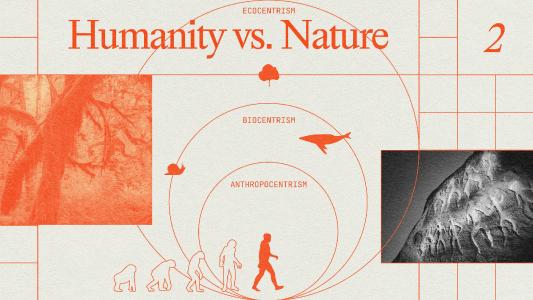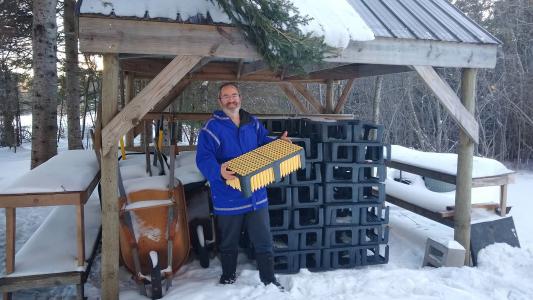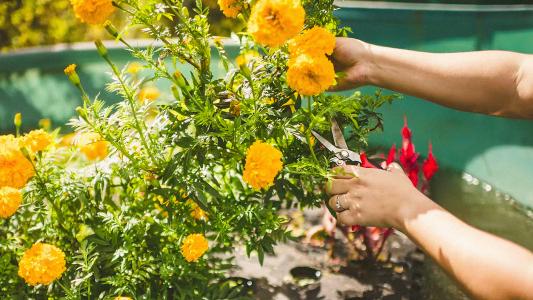Ecosystems
The West needs more water. This Nobel winner may have the answer.
Paul Migrom has an Emmy, a Nobel, and a successful company. There’s one more big problem on the to-do list.
Why harmony with nature is a myth
Slowing growth and limiting development isn’t living in harmony with nature—it is surrendering in a battle.
Plant sensors could act as an early warning system for farmers
Using sensors made from carbon nanotubes, researchers discovered signals that help plants respond to stresses like heat, light, or attack.
Desalination could avert one of the top 10 threats facing the world
Desalination — changing seawater into safe drinking water — could avert a crisis. Here's how to make it less costly and labor-intensive.
Artificial reef designed by MIT engineers could protect marine life, reduce storm damage
An MIT team is hoping to fortify coastlines with “architected” reefs engineered to mimic the wave-buffering effects of natural reefs.
Your garden’s 2024 “hardiness zone” could change, thanks to warming climates
Hotter summers and warmer winters are changing the types of plants we'll be able to successfully grow. Here's how to adapt.
Scientists are deep-freezing corals to repopulate the ocean
Healthy corals could disappear by the 2030s if climate change is not curbed, so scientists are deep freezing specimens.
Moving trees north to save the forests
Scientists are exploring how to adapt forests for climate change, transitioning them to a warmer future by planting new southern seedlings.
Why the US has artificial reefs made from sunken ships and voting machines
Not all underwater reefs are made of coral − there are also artificial reefs made of sunken ships, radio towers, and more.
Flowers grown floating on polluted waterways can help clean up nutrient runoff and turn a profit
Flowers grown on inexpensive floating platforms can help clean polluted waterways and even make a profit from cut flower sales.









